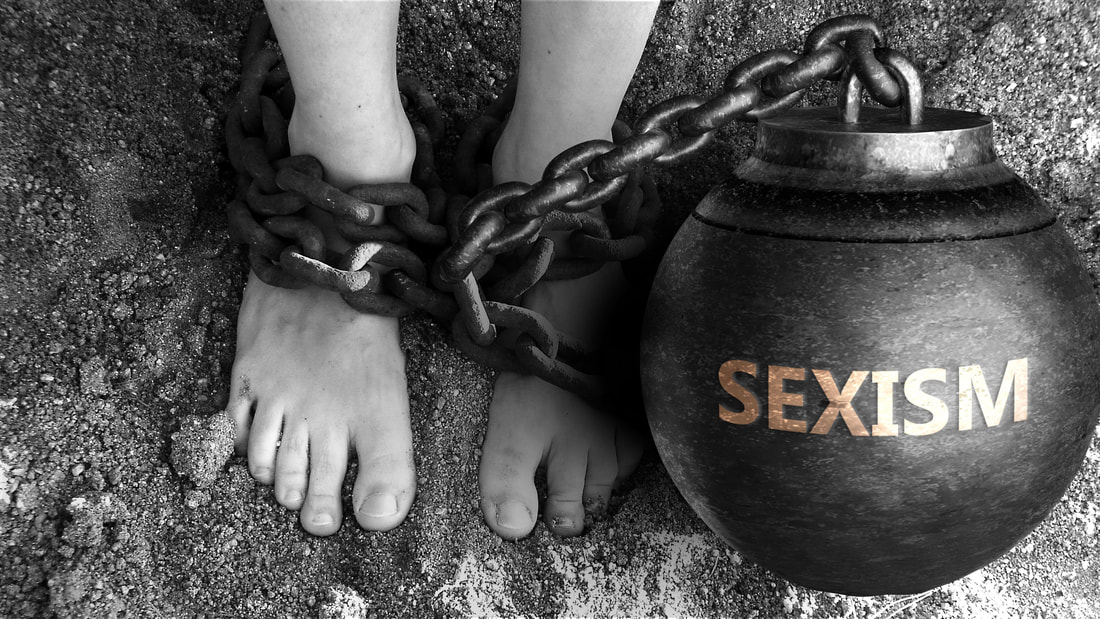|
Judge Lynn Hughes had issued a lifetime ban against a female litigator after she won an appeal related to comments he made in an earlier case.
A federal appeals court had stern words for a Texas federal judge who issued a lifetime ban to a female litigator who previously accused him of sexism in the courtroom.
The U.S. Court of Appeals for the Fifth Circuit revoked that ban issued by U.S. District Judge Lynn Hughes of the Southern District of Texas, known as an exclusion order, but it was a concurrence from circuit Judge James Ho that drew attention from the legal community on social media. “It is apparent from the transcript of the proceedings that the district judge believes he has been falsely accused of discriminating against the AUSA based on her sex,” wrote Ho. “But be that as it may, it’s hard to imagine a less persuasive way for a judge to rebut the charge that he discriminated against a female attorney than by expelling her from his courtroom—not just in one case, but in every case that she may bring for the rest of her career.” Hughes, a Ronald Reagan appointee, has frequently been criticized for making racist and sexist comments in the courtroom. In 2012, Hughes allegedly made comments about a litigants race, and called the swastika “a symbol of good luck.” And in 2015, the Fifth Circuit removed Hughes from a qui tam case involving Shell Exploration, because he ignored the panel’s instructions on remand. In 2018, the Fifth Circuit reversed Hughes and criticized his conduct in a case where the judge faulted a female prosecutor, Tina Ansari, for her handling of discovery in a criminal case and implied that things were better when lawyers wore suits and “girls” were not allowed. The Fifth Circuit ordered the district court’s chief judge to assign a new judge to the case on remand. And in Wednesday’s opinion Ho joined the list of Fifth Circuit judges who have admonished Hughes. “Now fast forward to the present case: That same district judge issued a verbal order from the bench, excluding that same AUSA [Ansari] from his courtroom—not only in this case, but in all future cases as well,” wrote the Trump appointee. “By all accounts, the district judge issued the order to punish the AUSA for the USAO’s appellate briefing in [an earlier case].” According to the government’s brief, the interaction started when Huges excused Ansari, the target of Hughe’s sexism in 2018, from the current case after she walked into the courtroom for a pretrial conference “I would like to have a reason why I am being excused,” Ansari said. “I understand you would like that. You will be disappointed,” Hughes responded. “I’ll be disappointed by your reason?” Ansari followed up. “No, because you are not going to have my reasons,” the judge responded. Department of Justice counsel then stepped in and asked for details from Hughes, who said he’d been displeased with the appeals court’s opinion in 2018 and thought the ruling was based on “lies and misrepresentations of the record in the government’s appellate brief.” Hughes instead stressed the comment about women’s clothes he’d been admonished for earlier were not directed at counsel, but actually “addressed to a different person in the room and was referring to historical facts about FBI agents’ dress.” And while Wednesday’s panel acknowledged a judge may have the power to issue an order barring counsel indefinitely, they noted a proper set of facts proving such bad faith on behalf of the attorney would be required. “The district judge relied on his inherent power, but he did not make a specific finding that the AUSA acted in bad faith,” wrote the panel made up of Ho, Chief Judge Priscilla Richman and Judge Kurt Engelhardt. Ho’s concurring opinion has since gone viral on twitter, leading legal commentator Ken White, aka Popehat, to chime in:
Hughes secretary, Crystina Huerta, said the judge will not be responding to questions about the latest opinion.
0 Comments
Leave a Reply. |
HISTORY
April 2024
Categories |
© Walk 4 Change. All rights reserved.


 RSS Feed
RSS Feed